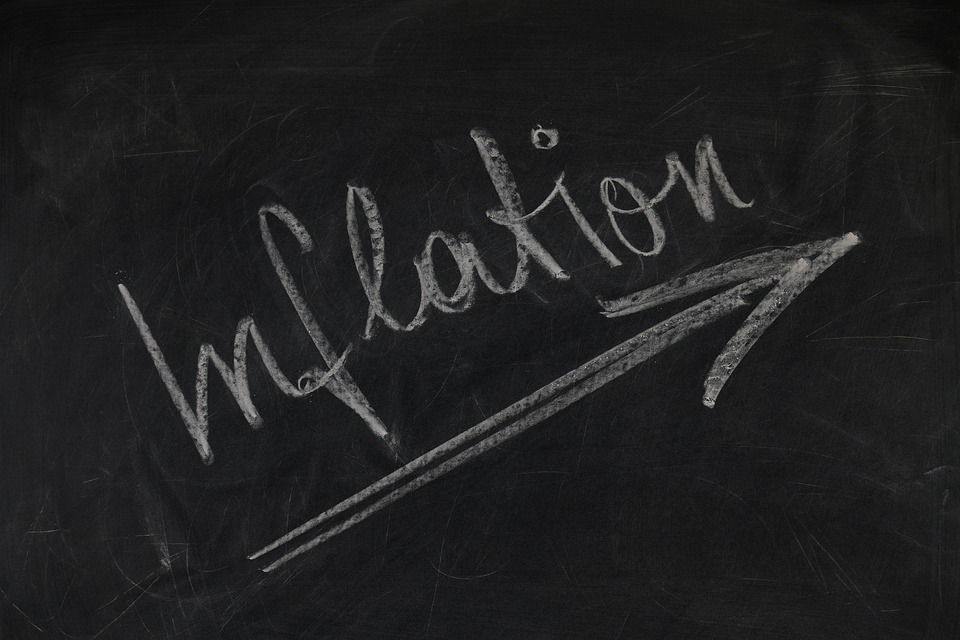Navigare
Can artificial intelligence (AI) change economic logic (rationality) and bring abundance for all?
THE GLOBAL TIGHTENING CYCLE AND THE TUG OF WAR BETWEEN PRICE STABILITY AND FINANCIAL STABILITY - HOW MUCH IS TOO MUCH -
Rising public debts: why are markets so complacent?[1]
Public debt sustainability is a concern in many countries





